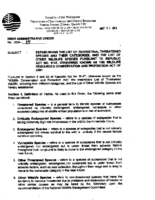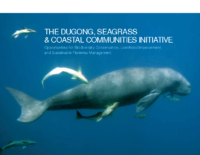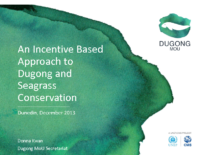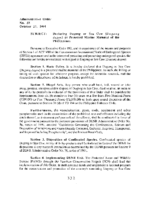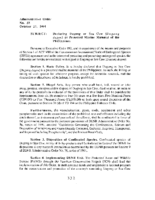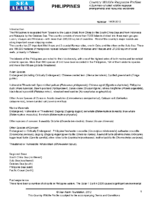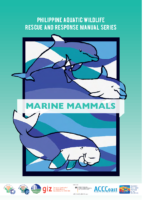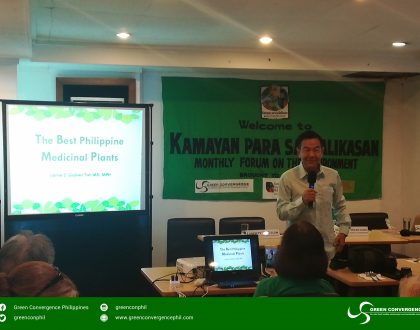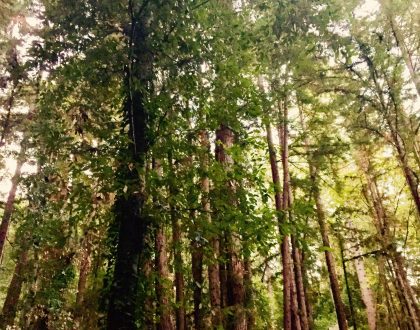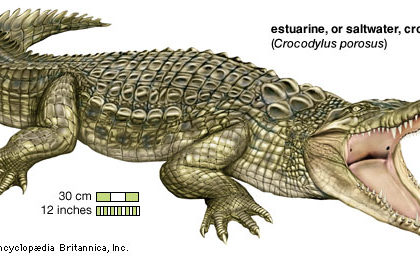Dugong or Sea Cow a Protected Marine Mammal of the Philippines

The dugong is the only entirely marine mammal to feed exclusively on plants, a trait that leads to its other common name of ‘sea cow’.
These large, rotund animals have short, paddle-like front flippers and a fluke-like tail, with a straight or concave edge, that is used for propulsion. The thick skin is a brownish-grey colour and there are short, coarse hairs sparsely distributed over the body but concentrated as bristles on the muzzle.
All dugongs grow tusks but these only break the skin, and therefore become visible, in mature males. The large, rounded snout ends in a cleft, muscular upper lip that hangs over the down-turned mouth.
The dugong has been traditionally persecuted by humans throughout much of its range for its meat, hide and oil.
Its rather slow movement, large size and dependence on coastal habitats have made the dugong particularly vulnerable to human impacts, while the low reproductive rate, long generation time and high investment in each offspring mean populations can take a long time to recover from any losses. Fishing nets have also been a major cause of population decline, as dugongs are unable to hold their breath for more than about 12 minutes and therefore easily drown once entangled. In addition, the seagrass ecosystems on which this species depends are highly sensitive to human impacts, such as from mining, trawling and dredging.
Dugongs have decreased in number throughout their range to the extent that in some areas only relict populations remain, but a significant stronghold still persists in Australia. Even here, however, these animals are under threat from fishing nets, habitat loss from the silting of sea grass beds, pollution, boat traffic and illegal hunting.


